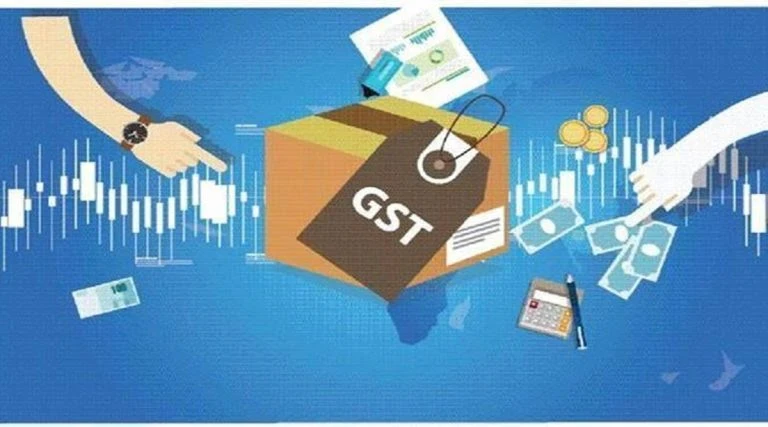GST Council Meeting: The 53rd GST Council meeting, chaired by Finance Minister Nirmala Sitharaman, introduced several recommendations aimed at streamlining GST compliance and reducing the burden on taxpayers. This meeting marked the first of the GST Council since the new government’s formation.
Key Takeaways from the Meeting
Waiving Interest and Penalties
The Council recommended waiving interest and penalties for demand notices under Section 73 of the CGST Act for the fiscal years 2017-18, 2018-19, and 2019-20, provided that the full tax demanded is paid by March 31, 2025. This relief is for cases not involving fraud, suppression, or willful misstatement.
Extended Time for Input Tax Credit
Taxpayers can now avail of input tax credit for invoices or debit notes from FY 2017-18 to 2020-21 up to November 30, 2021. This extension is aimed at mitigating challenges faced by taxpayers during the initial years of GST implementation.
Monetary Limits for Appeals
To reduce litigation, the Council set monetary limits for filing appeals:
- Rs. 20 lakh for GST Appellate Tribunal
- Rs. 1 crore for High Court
- Rs. 2 crore for Supreme Court
These limits are expected to streamline the appeals process and lessen the burden on the judicial system.
Reduced Pre-Deposit for Appeals
The pre-deposit amount required for filing appeals under GST has been reduced, easing cash flow and working capital concerns for taxpayers. This change will make it more feasible for taxpayers to contest decisions without significant financial strain.
Changes in GST Rates on Goods
The Council recommended several changes in GST rates to stimulate various sectors:
- A uniform 5% IGST on parts, components, and tools for aircraft to boost MRO activities.
- 12% GST on all milk cans, regardless of material.
- Reduction of GST on cartons, boxes, and cases from 18% to 12%.
- 12% GST on all solar cookers and sprinklers.
- Exemptions for defense-related imports and research equipment.
Changes in GST Rates on Services
Significant exemptions were proposed for services provided by Indian Railways to the general public and intra-railway transactions, including exemptions for platform tickets, retiring rooms, cloakroom services, and more, aimed at reducing the cost burden on passengers.
Facilitation of Trade
Several measures were recommended to facilitate trade:
- Insertion of Section 128A in the CGST Act to waive interest and penalties for certain periods.
- Amendment to the GST law to exclude rectified spirit/Extra Neutral Alcohol used for manufacturing alcoholic beverages from GST.
- Reduction of the TCS rate for Electronic Commerce Operators from 1% to 0.5%.
Compliance Streamlining
The Council recommended the rollout of biometric-based Aadhaar authentication for registration applicants nationwide. This initiative aims to strengthen the registration process and combat fraudulent input tax credit claims.
These comprehensive measures by the GST Council aim to ease compliance, reduce litigation, and support various sectors of the economy, signaling a significant step towards simplifying the GST framework in India.
Keep watching our YouTube Channel ‘DNP INDIA’. Also, please subscribe and follow us on FACEBOOK, INSTAGRAM, and TWITTER








